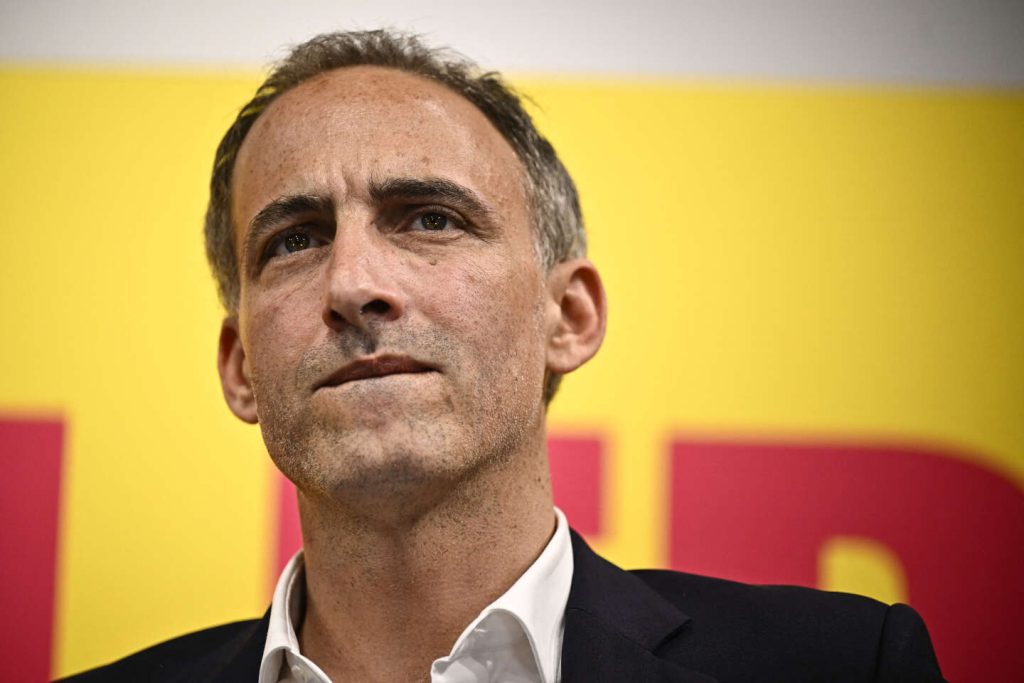Raphaël Glucksmann, the leading candidate of the Socialist Party and Place publique in the European elections, faced a challenging day on April 26th. During an interview with Apolline de Malherbe on BFM-TV, he expressed support for the decision of Sciences Po to evacuate a campus blockaded by pro-Palestinian students. This statement backfired as he later discovered that the police had taken action to clear the campus while he was absorbed in campaigning for the Printemps de Bourges music festival. Criticism quickly mounted, with the first secretary of the Socialist Party contradicting him and the far-left France insoumise mocking the situation. Glucksmann later backtracked on his comments, stating that students should not be expelled for protesting.
Facing attacks from various political opponents, including far-left and far-right groups, Glucksmann continued to disrupt the status quo within the left-wing political landscape, posing a threat to rival Valérie Hayer of the Renaissance party. Despite the increased intensity of the campaign compared to 2019, Glucksmann noted that he was handling it better this time around, partially due to seeking advice from a childhood friend, a theater director seen accompanying him on his campaign trail. He emphasized the importance of unity in facing off against far-right candidate Marine Le Pen.
Glucksmann received support from former Prime Minister Lionel Jospin, who praised his clear vision on Europe and endorsed him as a representative of a “democratic left” in need of renewal to combat extremism. The two men campaigned together in the 18th arrondissement, engaging with passersby and media cameras. Glucksmann’s focus on a progressive and inclusive approach to politics resonated with Jospin and others who saw him as a potential leader for a new direction in left-wing politics. However, with three weeks left until the election, the controversy surrounding the Sciences Po incident continued to overshadow the positive aspects of his campaign.
As Glucksmann navigated the challenges of the campaign trail, he reflected on his past mistakes and the lessons learned from his previous electoral run in 2019. With a more experienced team and additional support from prominent figures like Jospin, he remained determined to push forward despite the setbacks. The upcoming European elections would be a test of his ability to connect with voters and rally support for his vision of a progressive and united Europe. In the face of criticism and opposition, Glucksmann remained steadfast in his belief in the importance of standing up against extremism and building a stronger, more inclusive future for all Europeans.


